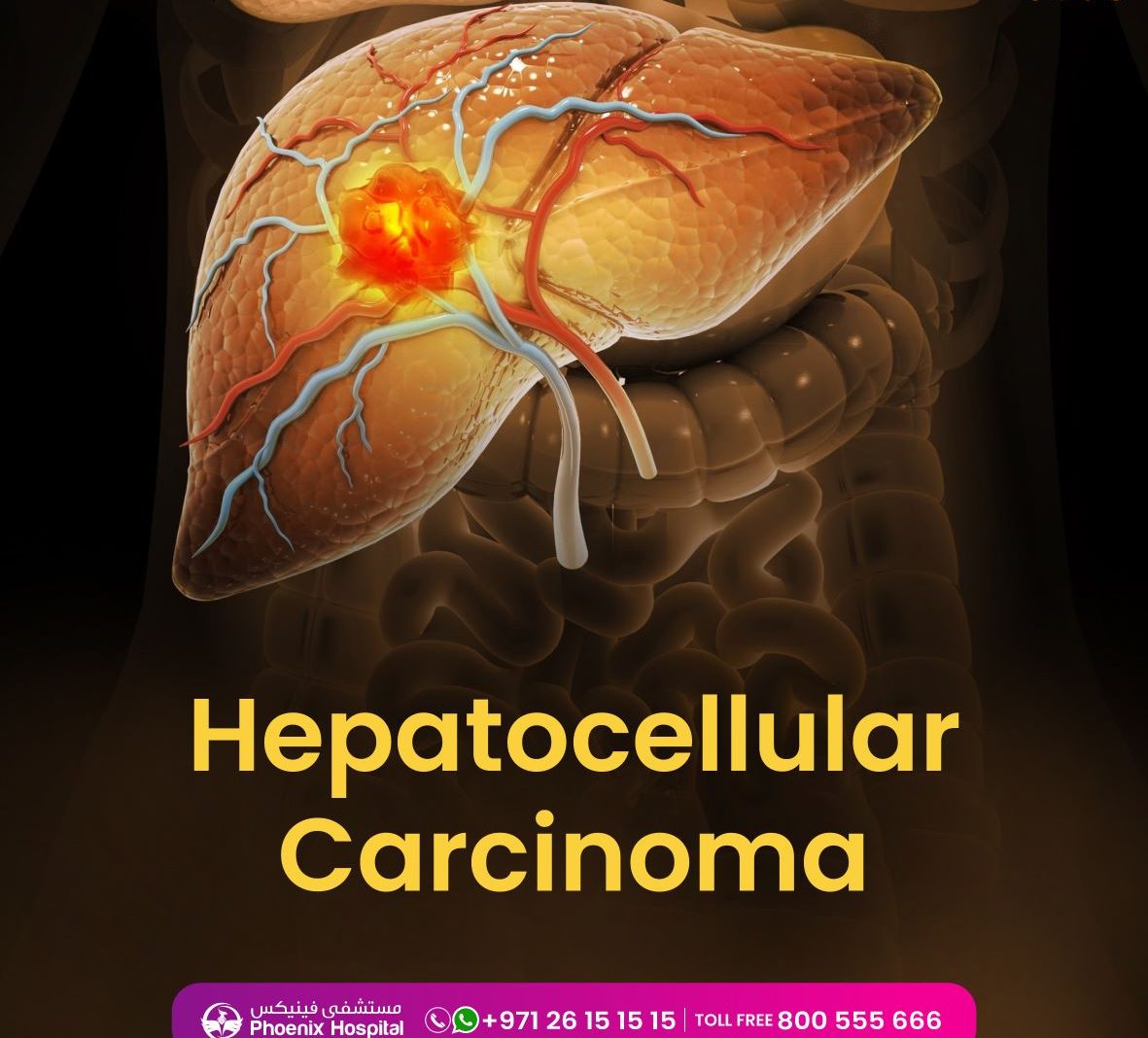
HCC – Hepatocellular Carcinoma, Symptoms, Treatments
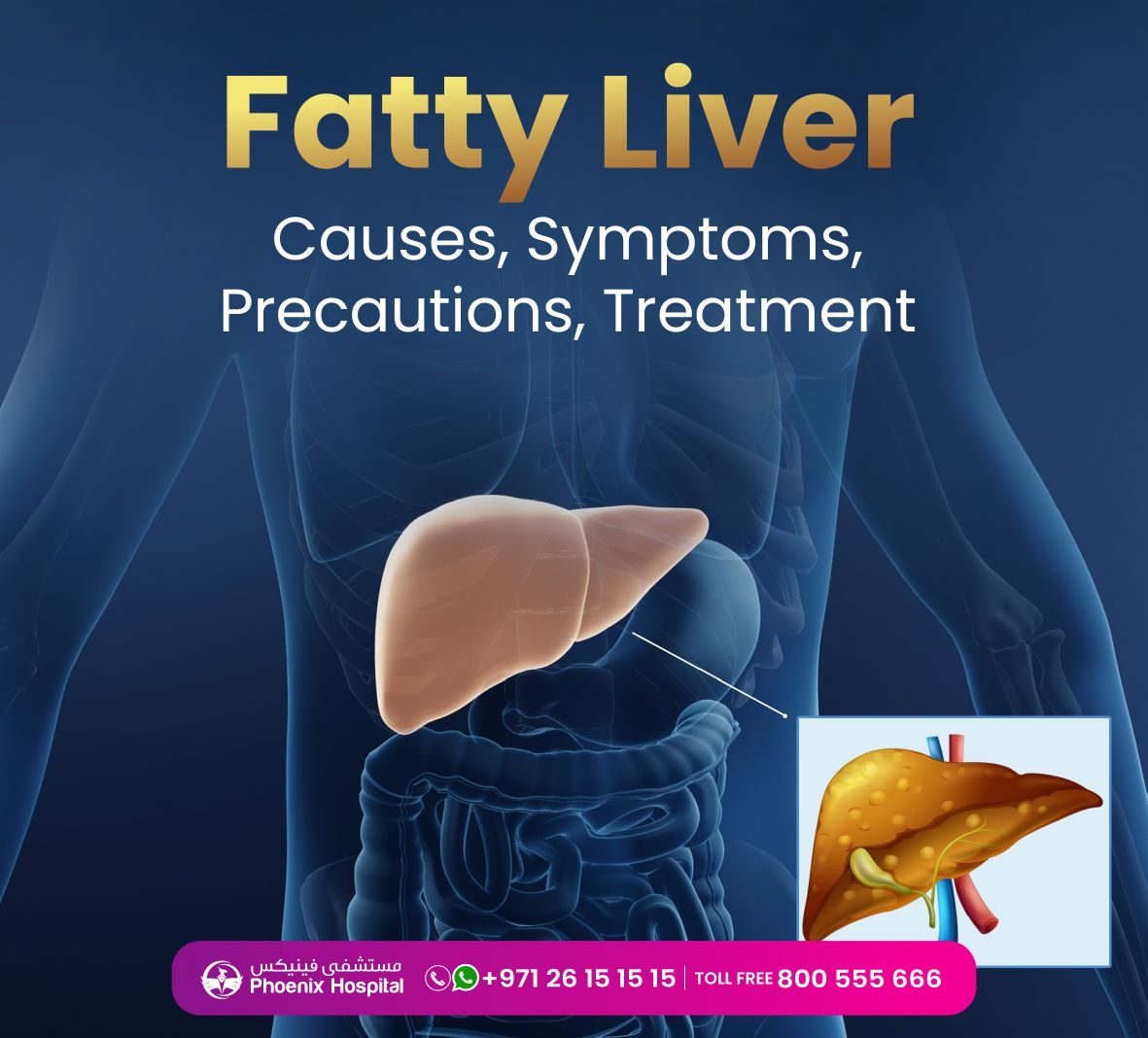
Fatty liver – symptoms, causes, and digestion

Is Sunset to Sunrise Method Proven for Weight loss
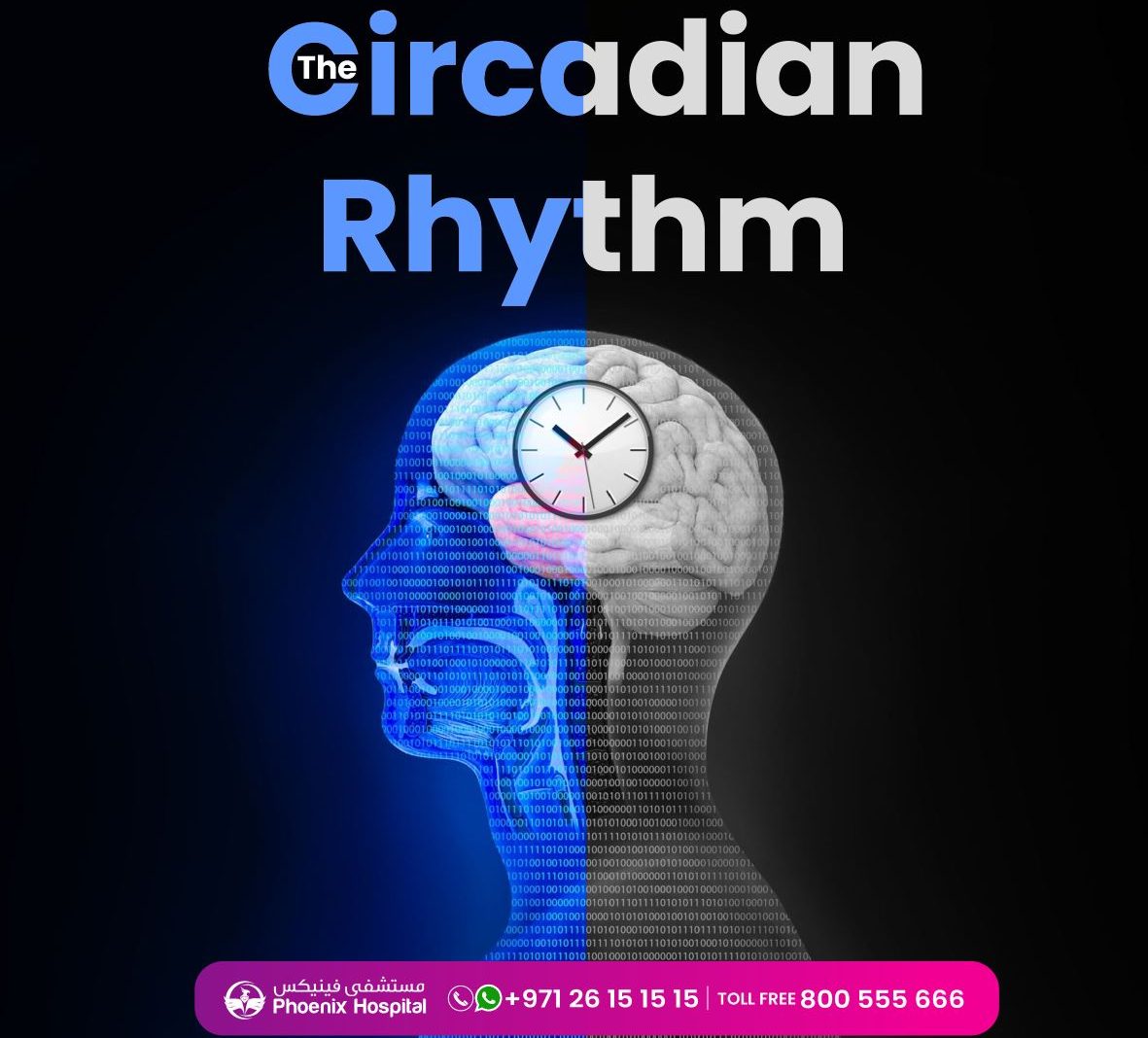
Circadian Rhythm and Its Influence on Our Eating Habits
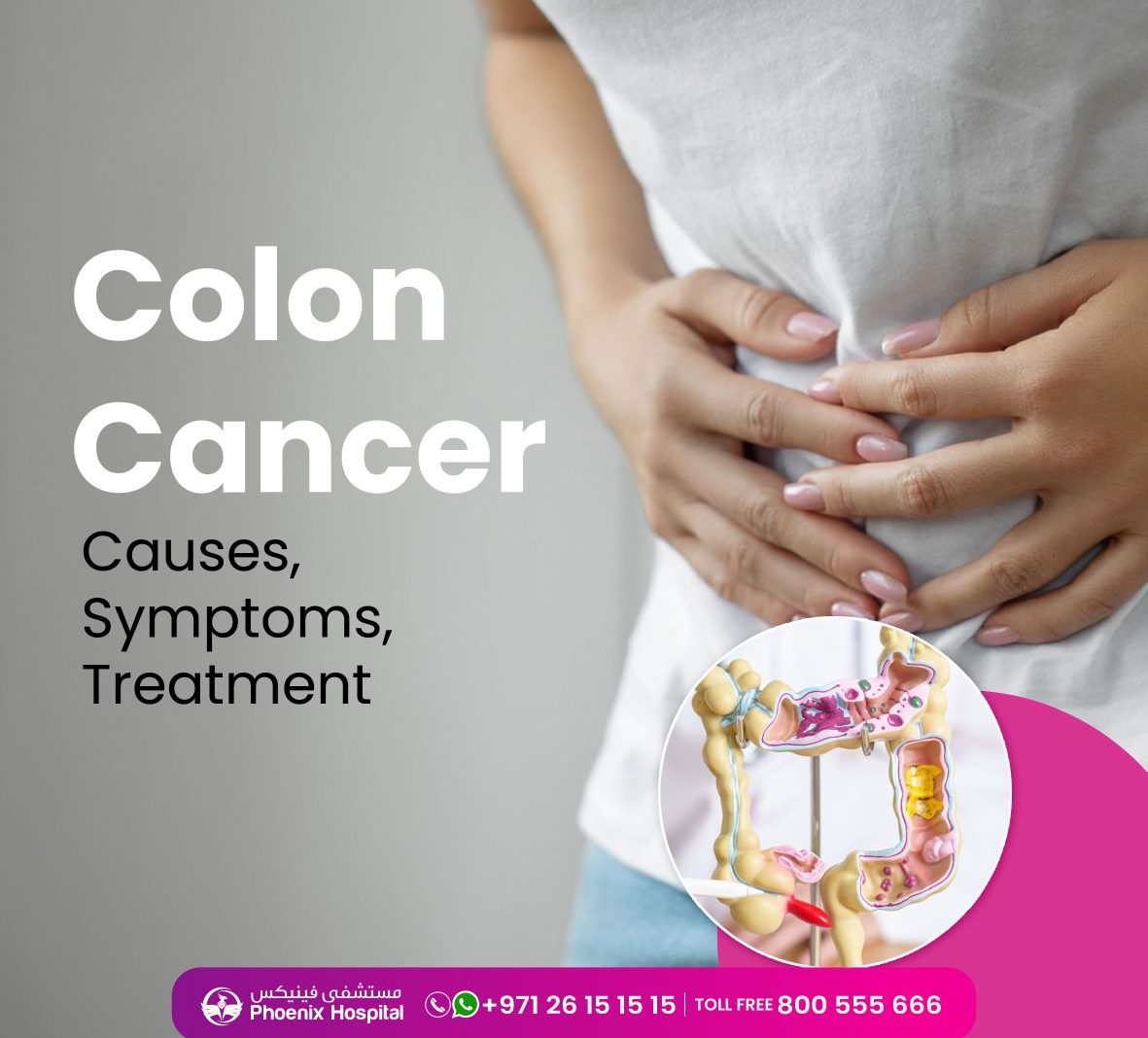
Colon Cancer – Symptoms, Causes, & Treatment
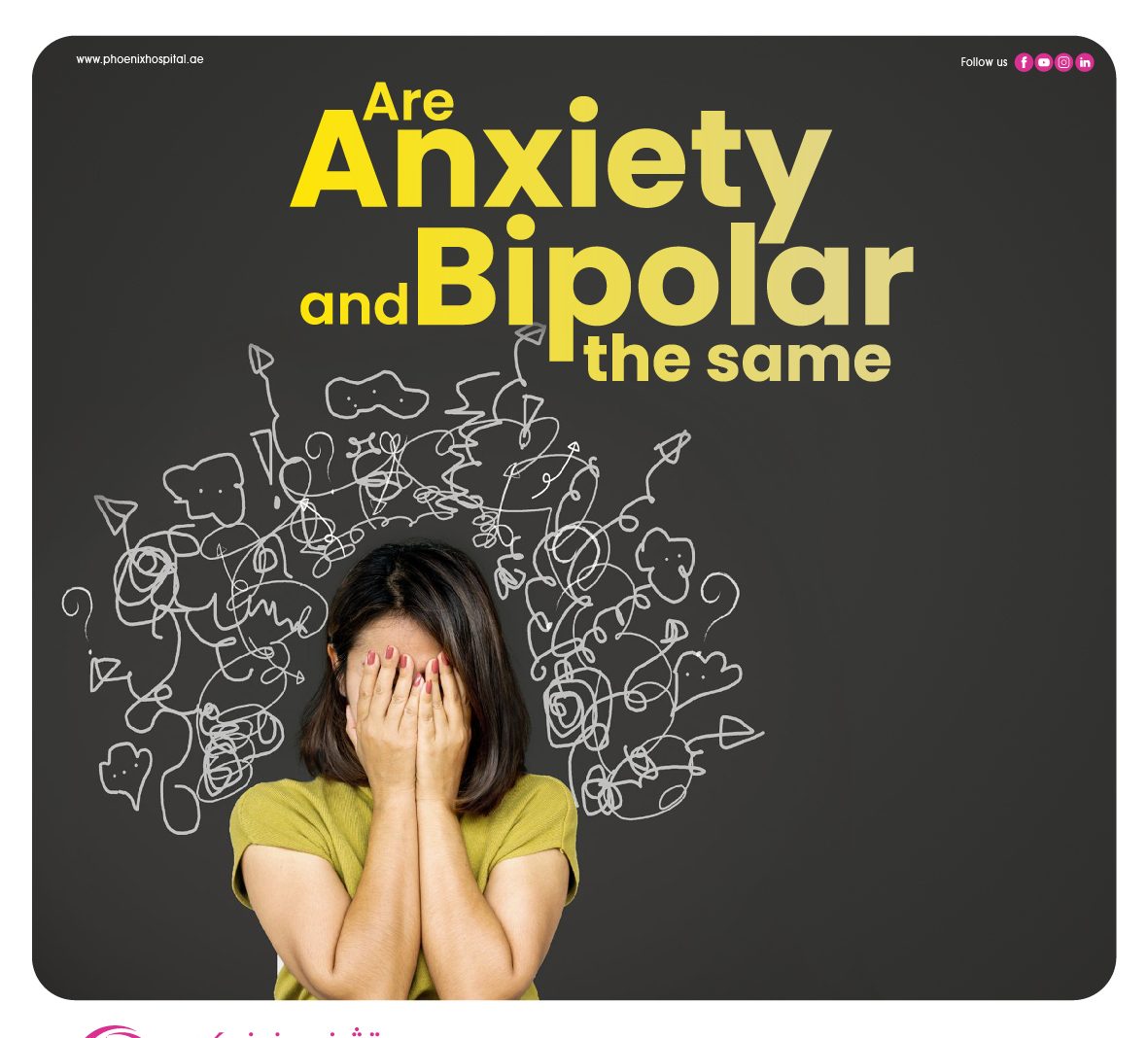
Bipolar disorder is a mental health disorder characterized by extreme mood, energy, and behavior changes.
There are two main types of bipolar disorder:
Bipolar I: Episodes of mania with or without depression
Bipolar II: Episodes of hypomania with or without depression
Symptoms of bipolar disorder
Mania: A manic episode is a period of increased activity, increased pressure of speech, racing thoughts, loss of normal social inhibitions, decreased need for sleep, inflated self-esteem/grandiosity, reckless behavior, marked sexual energy
Hypomania: Hypomania is a less severe form of mania. It is characterized by similar symptoms but to a lesser degree. Hypomania does not usually cause significant impairment in functioning.
Depressive episodes: Characterized by persistent low mood, loss of interest and easily getting tired, lack of confidence/self-esteem, excessive and inappropriate guilt, recurrent thoughts of death/suicide, lack of concentration, sleep disturbance, loss of appetite
Mixed episodes: Mixed episodes are periods during which symptoms of both mania and depression are present.
Rapid cycling: 4 or more episodes of mania/ hypomania/ depression in a year. Like Some people with bipolar disorder experience frequent shifts between manic, hypomanic, and depressive episodes. This is known as rapid cycling.
Is bipolar curable?
There is currently no known cure for bipolar disorder, but it can be managed with treatment. Treatments typically involve a combination of medication and therapy.
Antipsychotics
Antidepressants
However, finding the right medication or combination of medications can take time and require regular monitoring by a healthcare professional.
Cognitive Behavioral Therapy (CBT)
Psycho Education
Family-Focused Therapy
These therapies can help people with bipolar disorder to better understand their condition, identify triggers, and develop coping strategies. It is important to note that treatment for bipolar disorder is not a one-size-fits-all approach. The most effective treatment plan will vary from person to person and may require ongoing adjustments. Working closely with a mental health professional to develop a treatment plan that works best for you is always the best.
What is Anxiety Disorder?
Anxiety disorders are a group of mental health conditions characterized by excessive fear, worry, restlessness or nervousness. There are several different types of anxiety disorders, including:
Panic Disorder
Social Phobia
Agoraphobia
Specific Phobias.
Symptoms of anxiety disorders
Generalized anxiety disorder: Prominent tension, worry, feelings of apprehension about every day events and problems associated with physical symptoms such as palpitation, sweating , tremoulsness of the body, choking sensation, difficulty breathing, abdominal distress ,unable to relax etc.
Panic disorder: Multiple episodes of panic attacks. Panic attacks are discrete episodes of intense discomfort and fear which starts abruptly and it reaches a peak within a few minutes. During these episodes, individuals may experience palpitation, sweating, tremulousness, dry mouth, difficulty breathing, dizziness, numbness, and a feeling as if they are about to die.
Social Phobia: Fear of being the focus of attention and fear of behaving in a way in an embarrassing or humiliating way. These fears are manifested in social situations like public speaking, encountering known people in public or when entering situations where there is a group. When facing such a situation he / she get a panic attack.
Agoraphobia: Fear of crowds, public places, traveling alone, traveling away from home and hence avoiding it. When facing such a situation he / she get a panic attack.
Specific Phobia: Fear of a specific object or a situation (other than Agoraphobia and Social phobia) and hence avoiding it. When facing such situations he/she get a panic attack
Treatments
Treatment options of anxiety disorders include medication, therapy and social support.
Antidepressants
Benzodiazepines (Acute management only)
However, they should be used under the supervision of a healthcare professional.
Cognitive-Behavioral Therapy (CBT)
Exposure and Response Therapy (ERP)
These therapies can help individuals to learn coping strategies, challenge negative thoughts, and gradually face their fears. There are other multiple therapies for anxiety disorders. It is important to note that treatment for anxiety disorders may take time and require ongoing support from a mental health professional. If you are experiencing symptoms of an anxiety disorder, it is important to seek the advice of a healthcare professional to develop a treatment plan that works best for you.
Difference between Bipolar and Anxiety
Bipolar disorder and anxiety disorders are two different types of mental health conditions that can share some common symptoms.
Here are some ways to differentiate between bipolar disorder and anxiety disorders:
Mood:
Individuals with Bipolar disorder may experience episodes of mania or hypomania. Which are periods of elevated or irritable mood. They may also experience depressive episodes.
Individuals with Anxiety disorders typically experience persistent feelings of fear, worry, or nervousness.
Energy:
During manic or hypomanic episodes, individuals with Bipolar Disorder may have increased energy, decreased need for sleep, and may engage in impulsive behaviors.
Individuals with Anxiety Disorders may experience fatigue or restlessness, but not necessarily increased energy.
Thoughts:
Individuals with Bipolar Disorder may experience racing thoughts, grandiosity, or impulsivity during manic or hypomanic episodes.
Individuals with Anxiety Disorders may experience persistent negative thoughts or excessive worry.
Symptoms:
Bipolar disorder and Anxiety disorders can share some common symptoms, such as difficulty sleeping, irritability, and difficulty concentrating.
Anxiety disorders are not associated with symptoms such as hallucinations, delusions, and disorganized thinking, which individuals with Bipolar disorder may experience.
In pregnancy intense Morning Sickness like vomiting, in some situation that can happen because of anxiety but lot of people just ignore it.
It is important to understand that the best way to differentiate between bipolar disorder and anxiety disorders is through a comprehensive evaluation by a mental health professional. If you are experiencing symptoms of a mental health condition, it is important to seek the advice of a healthcare professional to develop a treatment plan that works best for you.
“In Phoenix Hospital, our team of professional doctors and staffs are ready to help and deliver you the best possible care. It’s always good to take a second opinion, Our experienced doctors are willing to help you with your healthcare decisions. You can get in touch with us by clicking contact
You can also Schedule an appointment with our doctors through Book an Appointment”